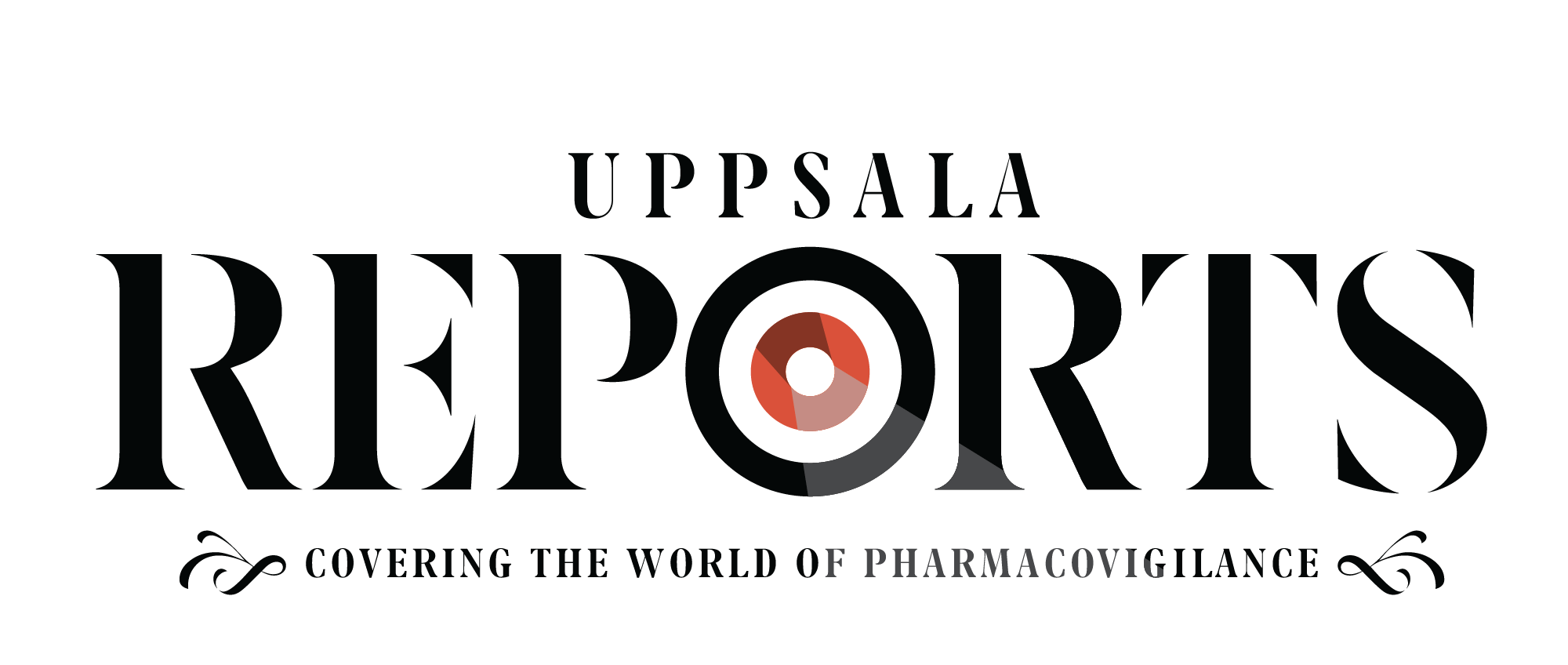
Children do not receive the same medicines as adults for several reasons, one being that they have a different disease profile. For example, epilepsy is more common among children, while cardiovascular disorders are less common. It’s also notable that many medicines used for children have been studied in small numbers of patients. There-fore, many paediatric adverse drug reactions are not detected before widespread use of a medicine.
Less common and age-specific adverse drug reactions, therefore, are only detected by clinicians reporting to national pharmacovigilance schemes or as published case reports or case series. By identifying adverse drug reactions more quickly, and better informing clinicians and regulators about the medicines, one can improve rational prescribing and reduce drug toxicity issues. The aim is not to stop medicines being used, but to use them more carefully, such as by avoiding use of specific medicines in certain age groups or in certain conditions.
A good example of the process in action was the focused screening of paediatric case reports in VigiBase that I was invited to participate in with UMC staff and other experts. This type of activity is often called a “sprint”, but perhaps marathon is a better term as the intensive process lasted several days. It involved meeting and discussing drug safety with a wide variety of professionals. As a clinician, I found it illuminating to see mathematicians play such an important role in drug safety. In the sprint, we detected several possible signals regarding levetiracetam and impaired renal function, one of which has now been published (see publications list, this page).
These types of collaborative efforts can be highly productive and, hopefully, the few days we spent in Uppsala will lead to improved drug safety for children. There is still a long way to go to improve rational prescribing in children, but I believe by working together like this we can help drive safer, more selective use of paediatric medicines.
Read more:
- I Choonara, K Star, "Levetiracetam and impaired renal function", WHO Pharmaceuticals Newsletter, 2016.
- Towards precision pharmacovigilance




